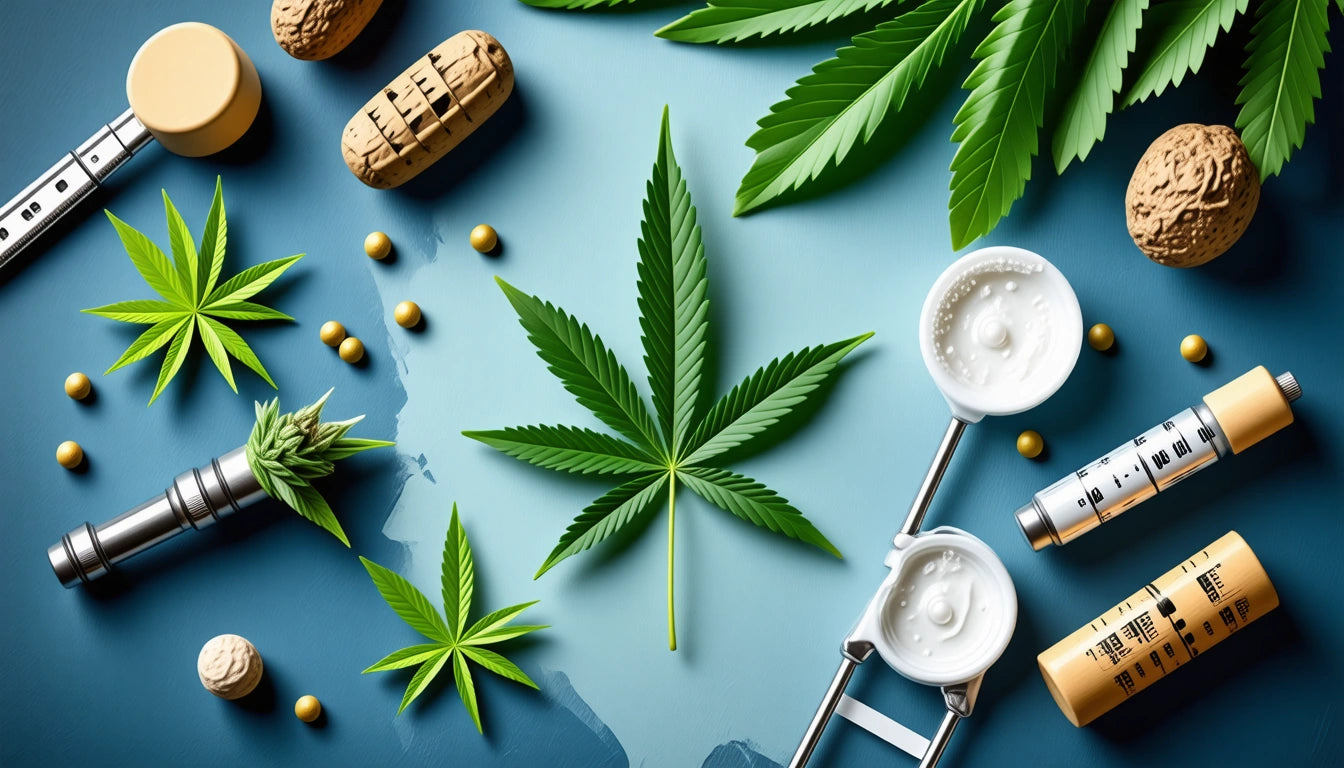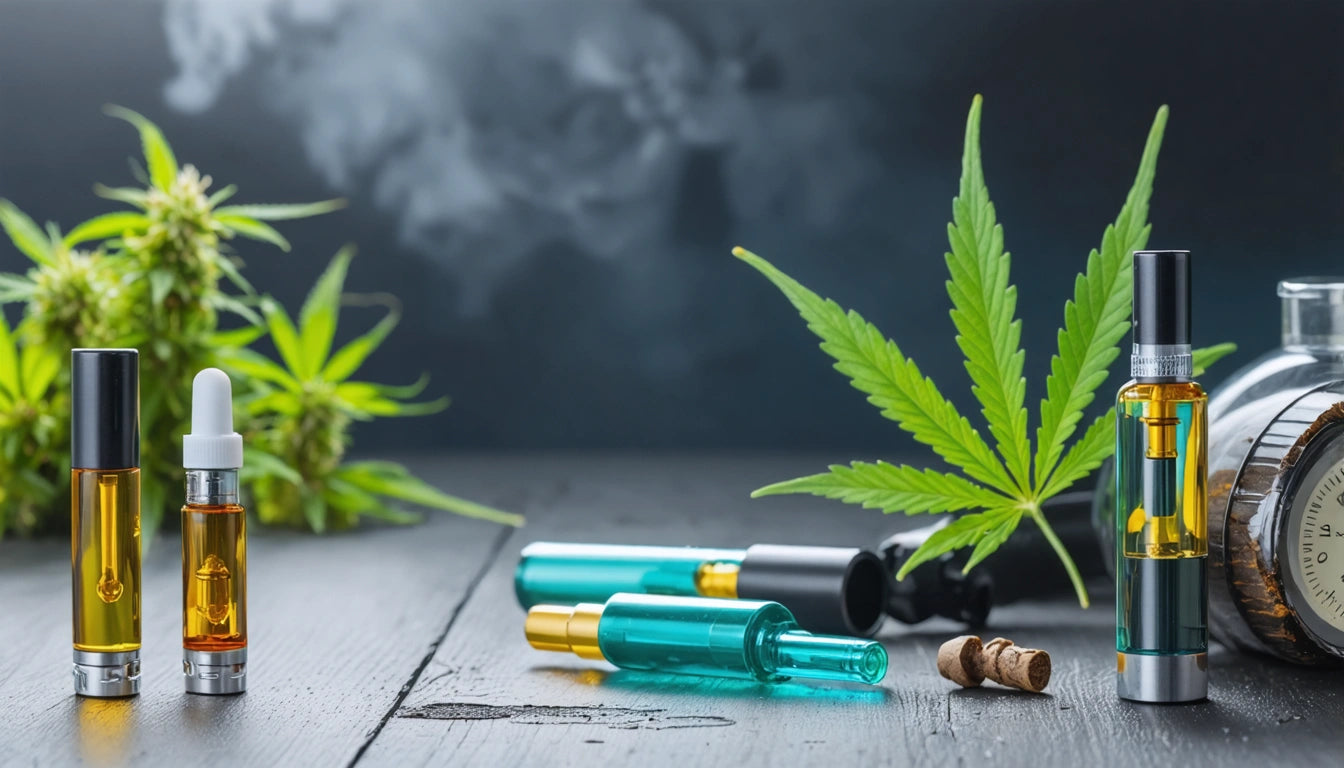Table of Contents
The Legal Status of Mushrooms: A Comprehensive Guide
The question "are mushrooms legal?" has become increasingly complex as various jurisdictions adopt different approaches to psychedelic substances. From full prohibition to decriminalization and medical research exemptions, the legal status of mushrooms varies dramatically across the United States. This guide examines current laws, recent changes, and what consumers and businesses need to know about mushroom legality.
Federal Legal Status of Mushrooms in the United States
At the federal level, psilocybin-containing mushrooms remain classified as Schedule I controlled substances. This classification means that magic mushrooms are federally illegal throughout the United States, carrying potential penalties for possession, cultivation, and distribution. The Drug Enforcement Administration (DEA) maintains that these substances have "no currently accepted medical use and a high potential for abuse."
Despite this federal prohibition, enforcement priorities have shifted in recent years, particularly in states and municipalities that have enacted reform measures. The conflict between federal and local laws creates a complex legal environment similar to what the cannabis industry experienced in its early stages of legalization.
State-Level Variations in Mushroom Legality
While mushrooms containing psilocybin are federally illegal, several states have enacted their own policies regarding these substances. According to this state-by-state guide on mushroom legality, the landscape is rapidly changing.
States with Progressive Mushroom Laws
Oregon became the first state to legalize psilocybin for therapeutic use through Measure 109 in 2020. Colorado followed with Proposition 122 in 2022, which decriminalized personal use and possession while creating a framework for therapeutic applications. These states represent the vanguard of mushroom policy reform in the United States.
Several other jurisdictions have implemented decriminalization measures, including:
- California (select cities including Oakland and Santa Cruz)
- Massachusetts (select municipalities including Cambridge and Somerville)
- Washington (Seattle)
- Michigan (Detroit and Ann Arbor)
- Washington D.C.
For those wondering specifically "are mushrooms legal in Hawaii?" or "are mushrooms legal in mass?" it's important to note that while Massachusetts has some cities that have decriminalized mushrooms, Hawaii maintains prohibition at the state level despite its reputation for botanical diversity.
The Legal Gray Area of Mushroom Spores
One of the most frequent questions is "are mushroom spores legal?" This represents an interesting legal nuance. In most states, mushroom spores themselves do not contain psilocybin and are therefore not explicitly illegal under federal law. However, once these spores germinate and produce mushrooms containing psilocybin, they become controlled substances.
This creates a situation where spores may be legally purchased in many states for microscopy and research purposes, but cultivating them into mushrooms remains illegal. States with specific laws against spores include California, Idaho, and Georgia.
For businesses working in adjacent industries, this distinction requires careful attention to compliance. Many companies that supply cultivation equipment must clearly specify their products are for legal uses only. For example, companies offering specialized filling equipment for botanical products must ensure their marketing and sales practices comply with both federal and state regulations.
Recent Decriminalization Efforts and Reform
The question "where are mushrooms decriminalized?" has become increasingly relevant as more jurisdictions adopt reform measures. Decriminalization typically means that personal possession of small amounts is treated as a low-priority offense or civil infraction rather than a criminal matter.
Notable decriminalization efforts include:
- Denver, Colorado (2019) - The first U.S. city to decriminalize psilocybin mushrooms
- Oakland and Santa Cruz, California (2019-2020) - Decriminalized all entheogenic plants
- Ann Arbor, Michigan (2020) - Deprioritized enforcement of laws against plant-based psychedelics
- Washington D.C. (2020) - Voters approved Initiative 81, making plant-based psychedelics among lowest law enforcement priorities
These reforms have typically been implemented through ballot initiatives or city council resolutions rather than state legislature action, creating a patchwork of policies even within individual states. For current information on specific locations, this resource on psychedelic mushrooms' legal status provides detailed insights.
Legal Mushroom Alternatives and Products
For those seeking "best legal mushroom products," several options exist that don't contain controlled substances:
- Functional mushrooms (lion's mane, reishi, chaga, cordyceps) - Legal nationwide and known for potential cognitive and immune benefits
- Amanita muscaria products - For those asking "are amanita mushrooms legal?" the answer is generally yes, as they don't contain psilocybin but rather muscimol, which isn't federally scheduled
- Mushroom-based supplements and extracts focused on health benefits rather than psychoactive effects
These alternatives have gained popularity as interest in mushrooms' potential benefits has grown. The functional mushroom market has expanded significantly, with products ranging from coffee additives to capsules and tinctures.
For those wondering "how are mushroom gummies legal?" it's important to distinguish between products containing psilocybin (which remain federally illegal) and those made with legal mushroom varieties or synthetic compounds that mimic certain effects while remaining compliant with current laws.
The Evolving Legal Landscape for Mushrooms
The question "why are mushrooms illegal?" reflects a growing reconsideration of psychedelic prohibition. Original restrictions were implemented during the 1970s war on drugs era, but current scientific research is challenging many assumptions about these substances.
Several factors are driving the evolving legal landscape:
- Promising research on psilocybin for treatment-resistant depression, anxiety, and PTSD
- Shifting public opinion regarding psychedelic substances
- The success of cannabis legalization as a model for controlled substance reform
- Growing interest in alternative mental health treatments
For those asking "are psychedelic mushrooms legal?" or "where are mushrooms legal in the United States?" the answer continues to evolve. While federal prohibition remains in place, the trend toward state-level reform suggests a changing approach to these substances.
As with cannabis before it, the mushroom industry faces a complex regulatory environment that requires careful navigation. Understanding both current laws and emerging trends is essential for anyone interested in this rapidly developing field.











Leave a comment
All comments are moderated before being published.
This site is protected by hCaptcha and the hCaptcha Privacy Policy and Terms of Service apply.